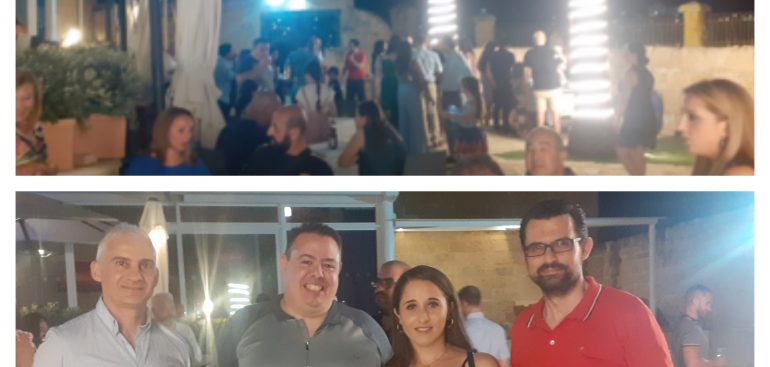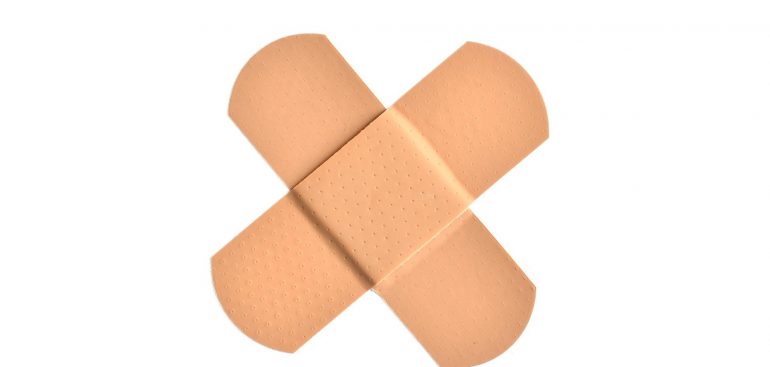Legal Notice 201 of 2022, ‘Work-Life Balance for Parents and Carers Regulations’, was published on 13 July 2022 and came into force on the 02 August 2022.
These regulations lay down the new Work-Life Balance Directive and the new minimum requirements for paternity leave, parental leave and Carers’ leave and flexible working arrangements for workers who are parents or carers. By means of these regulations, parents will now maintain a better work-life balance while also ensuring that both parents are equally involved in the care of their child and have equal treatment in the workplace.
Paternity Leave
Paternity leave of ten (10) working days will be granted to fathers or equivalent second parents on the occasion of the birth or the adoption of a child. Such paternity leave will be paid in full by the employer, irrespective of the period of employment and applies regardless of the employee’s family or marital status. Paternity leave must be taken immediately after the birth or adoption of their child.
Parental Leave
Both male and female workers are now entitled to four (4) months each of parental leave entitlement for the birth, legal custody, adoption or fostering of a child until the child has turned eight (8) years of age. The first two (2) months out of the four months will be paid at the rate of the sickness benefit deduction which constitutes to €21.85 per working day of parental leave in 2022. The remaining two months out of the four months will be considered as unpaid. Payments will be processed by the Social Security Department as follows:
- 50% before the child has turned 4 years of age
- 25% until the child is aged between 4 and 6 years of age
- 25% until the child is aged between 6 and 8 years of age
Parents may benefit from this new entitlement if they have been in continuous employment for a period of at least twelve (12) months. The employee can request such leave by notifying his employer in writing at least two (2) weeks before the start date of the parental leave period being requested. This leave can be taken in intervals of two weeks each, unless agreed otherwise. With the introduction of the Work-Life Balance Regulations, the last two (2) months of the parental leave can now be transferrable between the parents and any remaining parental leave can be transferrable between one work-place and the other in cases of change in employment or change in employer.
Carers’ Leave
Employees who are taking care of relatives or other persons in their household are now entitled to five (5) days per year of carers’ leave of which is unpaid. In order to be eligible, the worker must provide medical proof to show that the relative or other person living in the same household, suffers from an illness and is in need of care by the person to whom carers’ leave is requested.
Flexible Work Arrangements
This Legal Notice also introduces new flexible working arrangements to employees who have children up to the age of eight (8) years and who act as carers. Employees may request to work remotely, flexitime and work on reduced hours. These may be limited in duration and employers must provide feedback to the employee within two (2) weeks of the request and any reason for refusal must be provided. The employee can also request to go back to his original working conditions once the terms of the flexible work arrangements have ended, if agreed by the employer.
Any party who fails to comply or breaches such provisions of the Work-Life Balance Regulations shall be guilty of a criminal offence and will be liable to a fine (multa) of not more than two thousand Euro (€2000).




